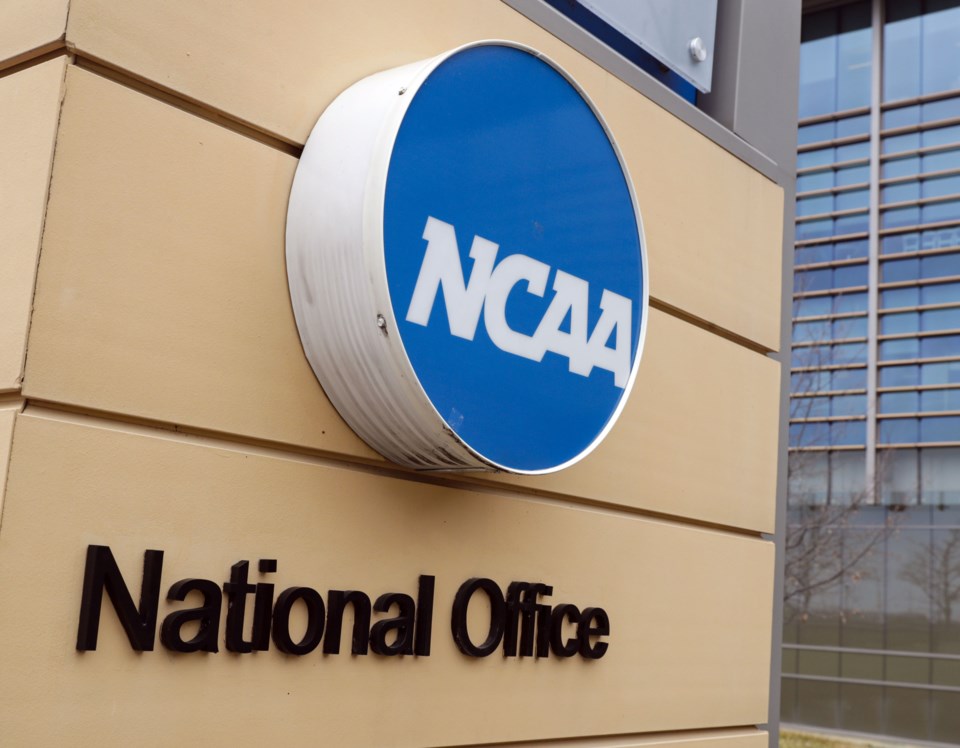INDIANAPOLIS (AP) — An NCAA panel is calling for the removal of marijuana from the organization's list of banned drugs, suggesting that testing should be limited to performance-enhancing substances.
The proposal released Friday from the Committee on Competitive Safeguards and Medical Aspects of Sports would mark a big change for the NCAA, which has been conducting drug tests at championship events since 1986. Committee members recommended halting cannabis tests at such events until a final decision is made, likely this fall.
Legislation would still have to be introduced and approved by all three NCAA divisions to take effect. Administrators in Divisions II and III had asked the committee to study the issue.
The recommendation comes as the U.S. is seeing more and more states allowing medical or recreational marijuana use.
Earlier this year, the committee increased the THC threshold needed for a positive test and recommended revamped penalties for athletes. The threshold for THC — the psychoactive ingredient in marijuana — was raised from 35 to 150 nanograms per milliliter, matching that of the World Anti-Doping Agency.
The committee noted last December that marijuana and its byproducts are not considered performance-enhancing substances. Instead of focusing on penalties for cannabis use, the panel suggested stressing policies that focus on the potential threats from marijuana use and the need to reduce the harm and use of cannabis products.
It also recommended schools that test to use those results to help find “problematic” cannabis use. The committee also wants to provide schools with additional guidelines about cannabis.
Separately, the committee proposed setting a threshold of 0.1 nanograms per milliliter as a trace level for the hormone GW1516 in hopes of preventing athletes from becoming ineligible because of ingesting the substance unintentionally from contaminated supplements.
The substance was initially designed for diabetes treatment but was discontinued in 2007. It has been linked to positive doping tests in endurance-related sports.
Michael Marot, The Associated Press


